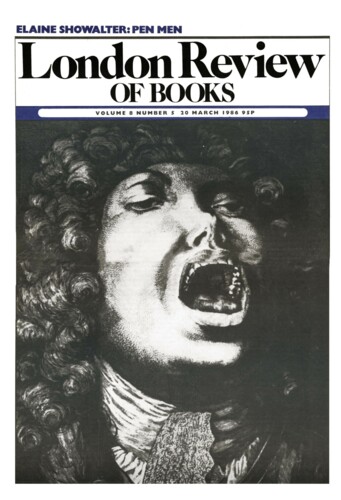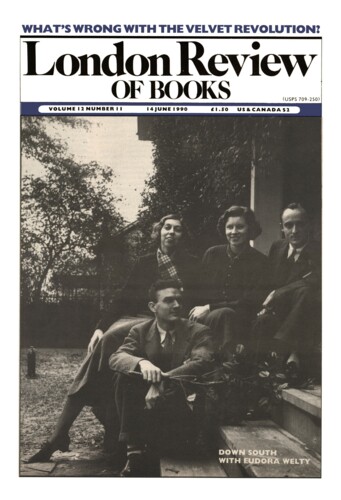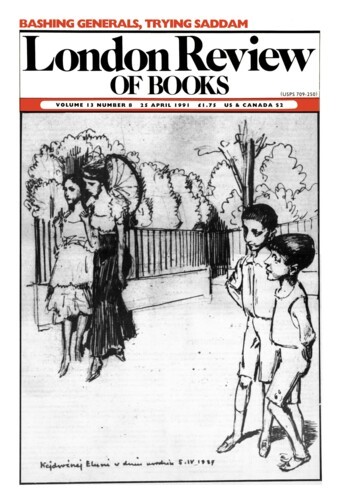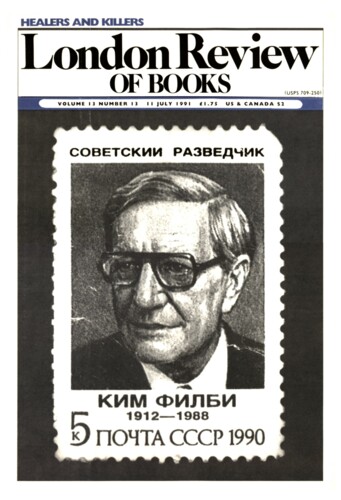Pen Men
Elaine Showalter, 20 March 1986
One of the more useful side-effects of the widely-publicised troubles at the International PEN Congress held this January in New York may ironically have been the new timeliness which Norman Mailer’s outbursts bestowed on feminist consideration of masculinity, misogyny and writing. Mailer, president of PEN and chief organiser and fundraiser for the huge writers’ conference, shed his new persona as serene literary statesman when he was confronted with an angry protest from women PEN members about the under-representation of women on the programme (16 out of 117 panelists). ‘There are countries in the world,’ he retorted, ‘where there are no good women writers.’ Furthermore, he told a large audience, ‘there are not that many women, like Susan Sontag, who are intellectuals first, poets and novelists second.’ Since ‘more men … are deeply interested in intellectual matters than women,’ he concluded, to have invited more women simply for the sake of fairness would have meant ‘lowering the level of discussion’, risking ‘mediocrity’.





